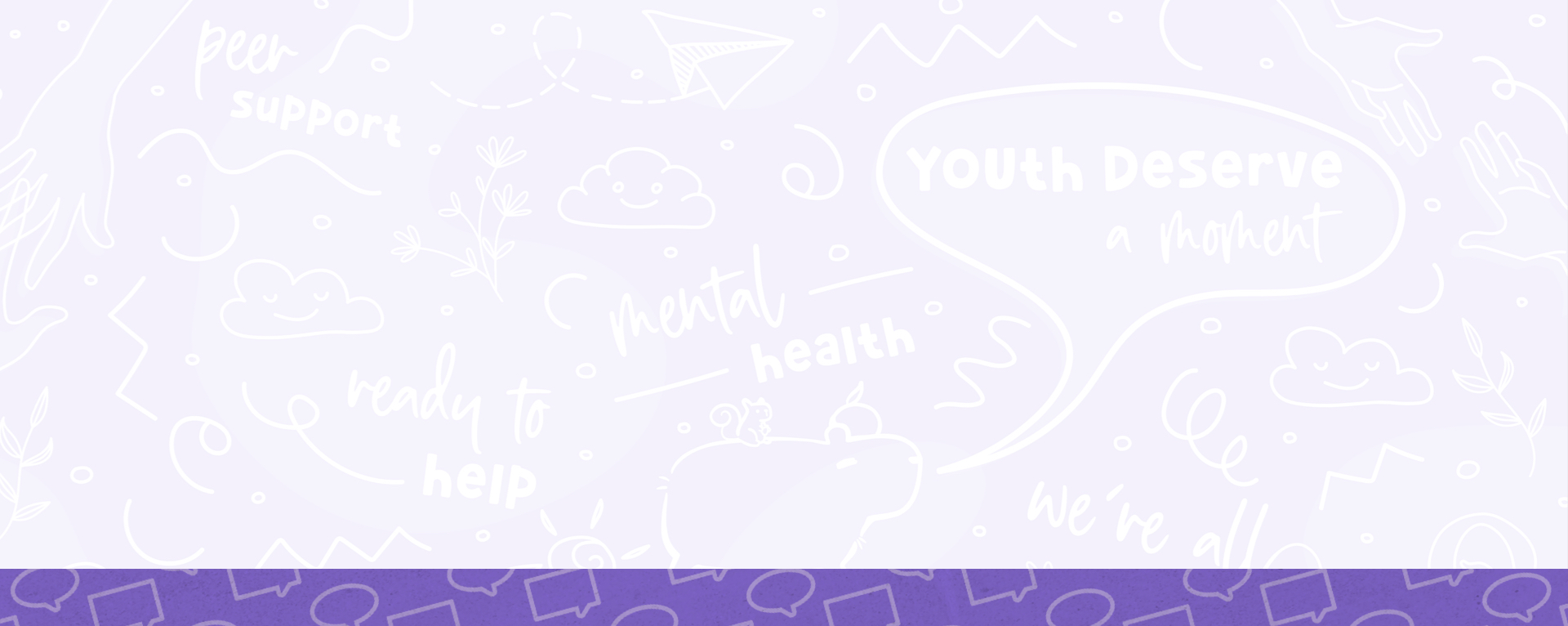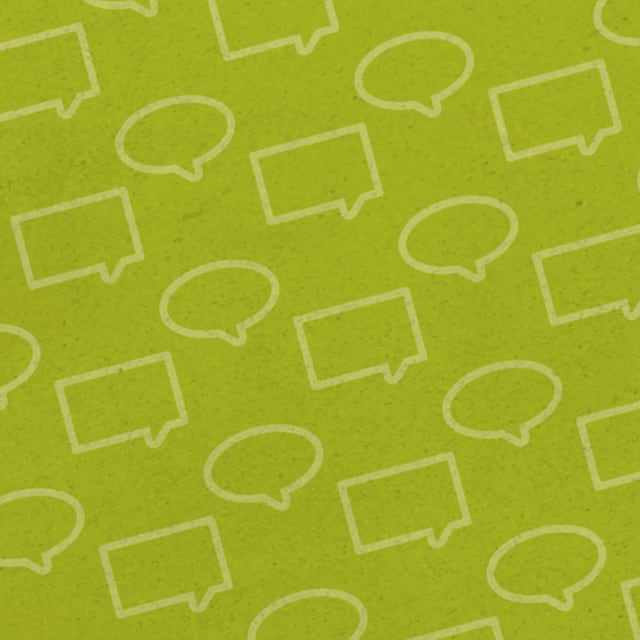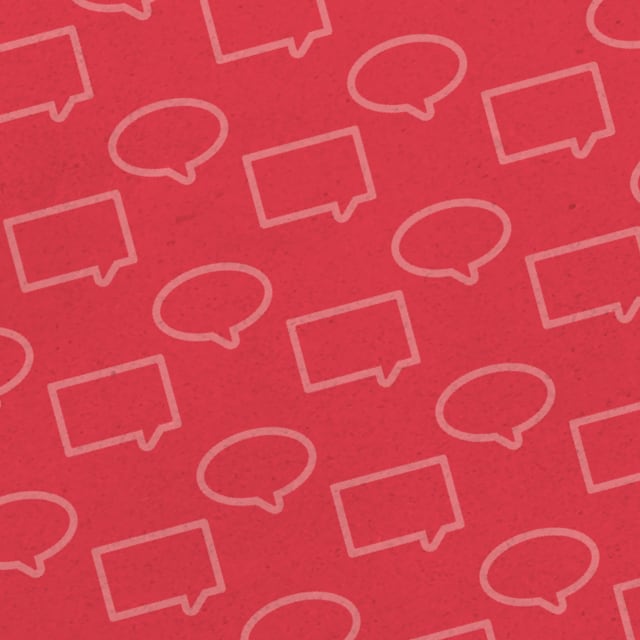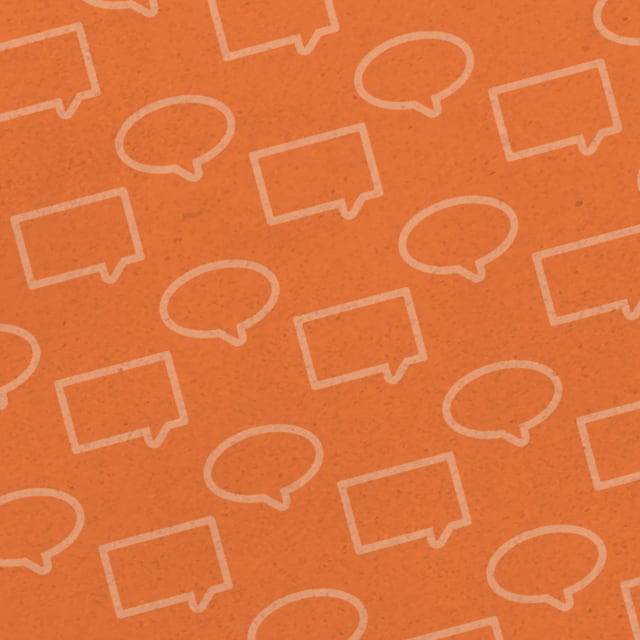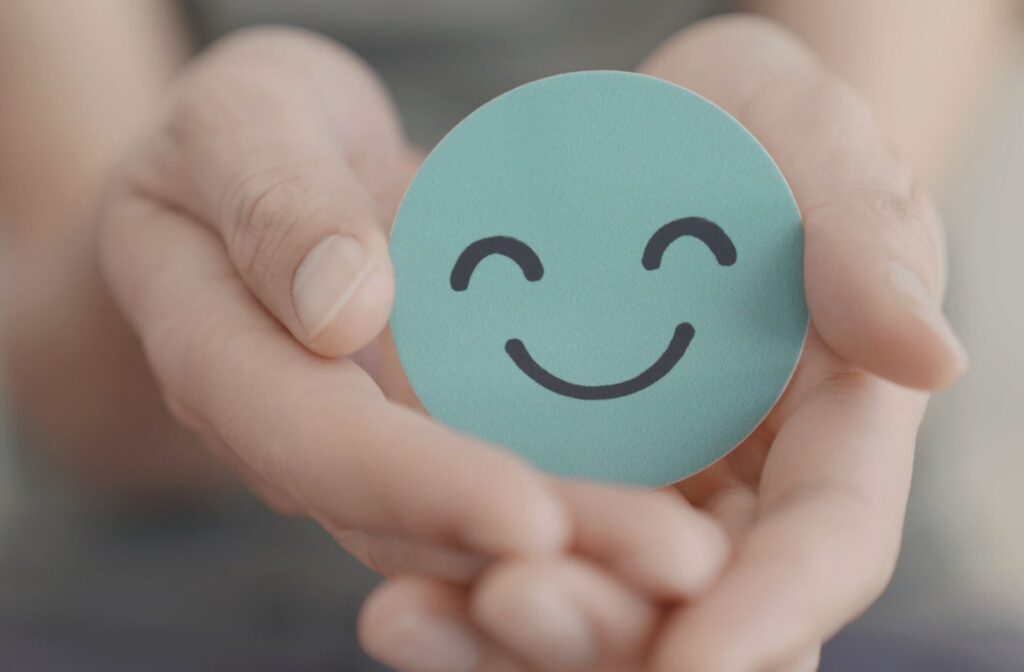Your mental health is more than a mood. And it’s not “all in your head.”
When looking for support, understanding and identifying what you’re going through can make a difference in your journey to improve your well-being. Getting a certified mental health diagnosis lays a solid foundation for addressing your unique needs effectively.
The good news is there are many ways to get a mental health diagnosis. But it’s important to rely on the expertise of professionals, not just online forums. If you have a trusted adult in your life, such as a parent or guardian, ask them to help you find a mental health professional. You can reach out to a family doctor, psychiatrist, psychologist, or social worker for help. They can guide you through the process and provide an accurate mental health evaluation.
ConnecTeen cannot directly refer you to mental health professionals, but we can provide some resources and we’re always here to listen ConnecTeen is here for you 24/7 via phone, text, and online chat.
In Alberta, you can also call the Mental Health Help Line, through Alberta Health Services. It is available toll-free and 24/7 at: 1-877-303-2642
Mental Health vs. Mental Illness
Many people use “mental health” and “mental illness” interchangeably, but they have different meanings. Mental illness impacts thoughts, feelings, and behaviours severely enough to affect day-to-day functioning. But mental health is all about your overall emotional and psychological well-being. We all have mental health.
Having bad days is just part of being human. Feeling stressed, anxious, or a bit out of control is normal when you experience conflict, loss, disappointment, or challenging situations. Everyone has off days or even off weeks. And you know what? Being happy all the time doesn’t mean you’ve got great mental health—just like having a bad week doesn’t mean you have a mental illness.
The real difference is that how you feel should match what’s going on, and you should start feeling better once the situation resolves and you process your feelings. For example, you might feel anxious about an upcoming test or project but can relax after it’s done.
We all experience highs and lows—but good mental health is when you can cope with stress, frustration, or disappointment. When you have poor mental health, you have a harder time moving on from difficult situations or feeling good about yourself. If poor mental health continues, it can lead to certain mental illnesses, like depression or generalized anxiety (GAD).
Even if you’ve been diagnosed with a condition, remember: Mental illnesses are treatable.

Who Can Assess Your Mental Health?
In Alberta, you can get your mental health assessed by a primary care doctor, psychiatrist, psychologist, or social worker. Just like adults, youths have the right to privacy and confidentiality, so your results are always kept confidential. This only changes if there’s an immediate risk of physical harm to yourself or someone else.
If you want someone to help you go over your results, your healthcare provider can also help you talk to a parent or guardian.
What Happens During a Mental Health Assessment?
Health professionals usually check in on your mental health during regular checkups, but a mental health assessment goes more in-depth. It could involve meeting with your primary care doctor or being referred to a specialist like a psychiatrist. Either way, there are a few typical steps involved.
You’ll start with a chat with your doctor or care provider. You’ll be asked about your mood, symptoms, concerns, and feelings about certain experiences. Be as detailed as you can in your responses.
You might also undergo a physical examination or have some lab tests done. Your doctor might ask about your medical history, any medications you’re taking, or your family’s health history. They might also test your reflexes, balance, and senses (hearing, taste, sight, smell, and touch).
Be open and provide as much information as you can. Your doctor is there to help and support you.
How Long Does it Take to Get a Mental Health Assessment?
The time it takes will depend on the tests being done. An interview with written or verbal tests may last 30 to 90 minutes. But it can take longer if multiple tests are done.
Your doctor or care provider may immediately discuss some preliminary feedback, but complete results or a mental health diagnosis could take a few days. Remember that your provider may also need time to evaluate test results, including lab work.
What Happens After You Get a Mental Health Diagnosis?
After you’ve received a professional mental health diagnosis, the next steps are in your hands. Depending on the diagnosis and other factors, your healthcare practitioner or social worker might involve your parents or guardians to ensure your safety and figure out the best way forward.
Accessing the right mental health support can truly make a world of difference. Sometimes, seeking peer support can be more comfortable, but it’s also completely okay to reach out to trusted healthcare professionals or family members for guidance.
ConnecTeen Is Here for You
Your voice deserves to be heard. Whether you need someone to confide in for mental illness support or simply help you talk through your next steps, ConnecTeen volunteers are here for you if you need to talk.

